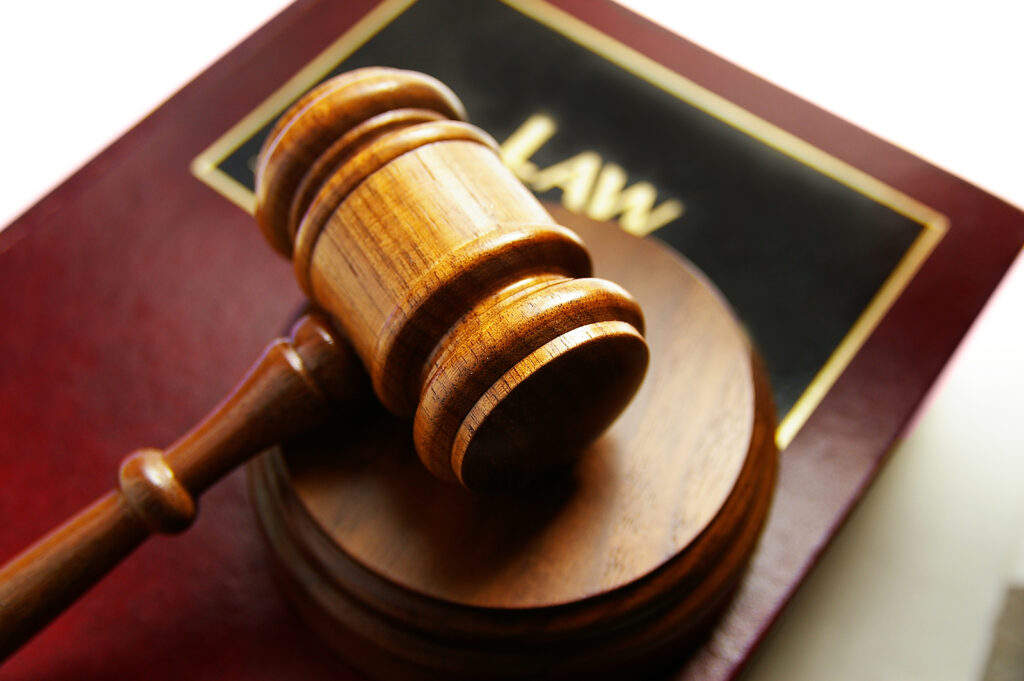Punitive damages in a personal injury case are fairly uncommon since they are generally awarded in trials involving egregious or reprehensible behavior. In fact, such damages are awarded solely for the purpose of punishing the defendant responsible for the accident and to deter other persons from performing similar acts. Under the realm of punitive damages, you may come across the term gross negligence, which is an element to proving punitive damages.
Continue reading to learn more about gross negligence and punitive damages in a personal injury case, including how to get more information regarding your eligibility for pursuing legal action against an outrageously negligent person who caused you or your loved one harm in an accident.

General Damages in a Personal Injury Case
A wrongfully injured victim can recover qualifying general damages, also called compensatory damages, in a personal injury case. Such damages include calculable expenses such as hospital bills, medical expenses, lost wages for missing work, and even the cost of fuel driving to and from doctors’ appointments or treatments. They may also recover non-economic damages for mental anguish, pain and suffering, permanent disability, and similar non-expenditure consequences of being wrongfully injured in an accident.
Punitive Damages
When a defendant in a personal injury case has done something particularly egregious, the victim of the accident may be awarded punitive damages. Although the injured victim benefits from the compensation, punitive damages are awarded for the purpose of punishing the defendant for their inexcusable or reprehensible behavior that caused the accident and to deter other persons from performing similar acts .
Gross Negligence
In most states, in order to be awarded punitive damages, the defendant must have behaved maliciously, deceitfully, intentionally, or with extreme recklessness, disregard, or indifference. This type of behavior is generally referred to as gross negligence in personal injury cases. To be awarded punitive damages, an injured victim’s personal injury lawyer would have to prove gross negligence. Gross negligent behavior can be an act, or even a failure to act.
Example of Gross Negligence
To better understand gross negligence cases, here is an example of a potential accident that would call for punitive damages:
A building inspector identifies a railing hazard on the 3rd floor apartment balcony and gives the landlord a report that suggests repairing it immediately. Knowing that the balcony railing is loose and requires replacement, the landlord rents the apartment to a family without making the repair. As a result, the 3 year old child falls off the balcony and dies. The landlord could be said to have acted with extreme negligence and disregard to their tenant’s safety. The bereaved could file suit against the landlord seeking general damages and punitive damages in a wrongful death case.
Are you looking for skilled personal injury law firm to represent you in your gross negligence case in Indiana? Contact the Law Office of Craven, Hoover, and Blazek P.C. at 317-881-2700 to schedule a free consultation with our personal injury attorneys in Indianapolis, Indiana. We represent injured victims and loved ones of persons who have dies as a result of the negligence of another person or corporation throughout the state of Indiana.
Related Posts:
Legal Facts About Pain and Suffering Damages in Indiana
What are Future Damages in a Wrongful Death Case?
Top 3 Things You Can Do to Maximize Your Accident Settlement



